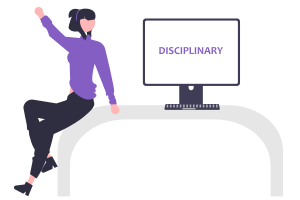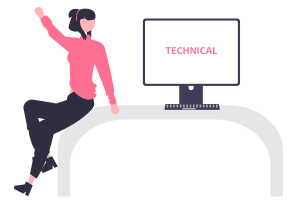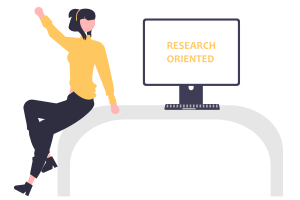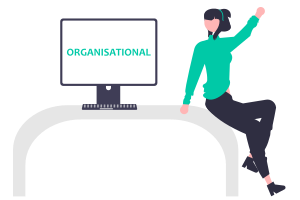
UpskilLing

Clusters of knowledge, skills and competences

This means that you know different languages, such as English, Italian or Serbian, as a native or non-native speaker, you know their different registers, you are able to conduct linguistic analysis, and/or you are skilled at translating or interpreting

This means that you are attuned to differences between cultures, you understand that languages need to be considered in their local contexts and you are able to mediate not only between languages, but also between cultures

This means that you know about different types of language technologies, such as CAT tools, machine translation engines and ChatGPT, and you know not only how to use them, but also have some knowledge of how they work; you also have some programming skills, e.g. in Python

This means that you have some experience in collecting linguistic data (e.g. from corpora or from speakers, in an interview or an experiment), in curating them and storing them following a set of standards, and in analysing them (especially quantitatively)

This means that you are able to use linguistic data for doing research, framing questions through appropriate research design, thinking analytically and processing information critically

This means that you have some familiarity with entrepreneurship, you are able to manage different kinds of projects, plan their implementation, implement quality assurance procedures and ensure that teams work well together towards a common goal

This means that you are creative and innovative, have excellent general problem-solving skills, and you can communicate effectively adapting to different situations and different types of public
Language data analyst
Language data collection, annotation, analysis
Language data scientist
Language data and processes research
Language data manager
Language data cleaning, curation, management
Language project manager
Language project and workflow coordination
* Please note that these profile names may differ from job profiles in the labour market.